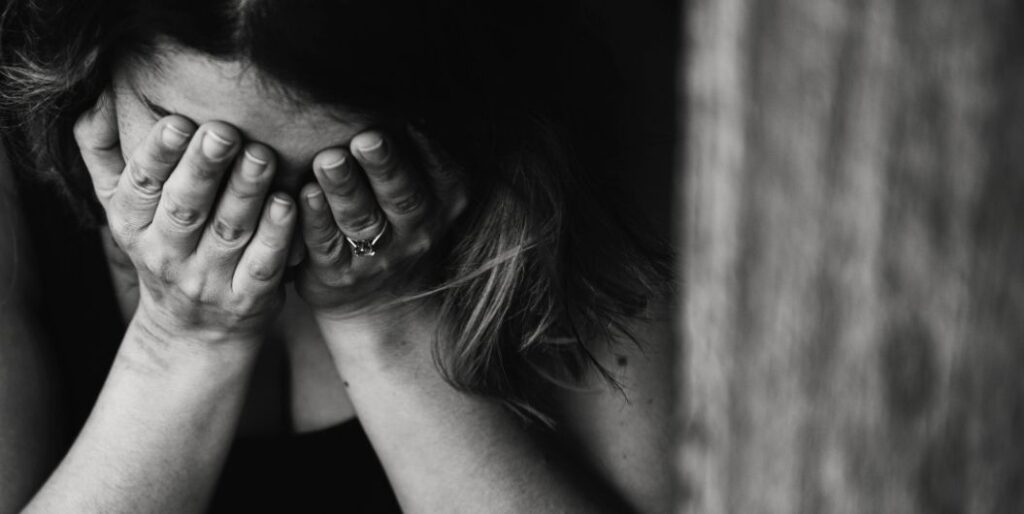Postpartum Depression

Postpartum depression (PPD) is a form of depression that affects up to 20% of new moms. New moms go through a tremendous amount of changes in their bodies and emotions during pregnancy, and a new baby means even more adjustments. The majority of new moms — approximately 80% — will have some form of “baby blues,” which is characterized by feelings of sadness and moodiness, accompanied by crying and sleeplessness. For the most part, this should pass within the first couple of weeks after giving birth.
For women who can’t seem to shake the baby blues, they should watch for the signs of postpartum depression. This is a clinical depression that should be considered serious, warranting medical intervention. Much less frequently, postpartum depression can become postpartum psychosis (PPP), so carefully monitoring and treating postpartum depression is imperative.

Symptoms
- Sleep issues: While sleep with a newborn is difficult in its own right, you should be able to sleep when the baby sleeps, or when someone else is caring for him. A new mother needs lots of rest to recuperate from delivery and for the round the clock care that comes with a new baby.
- Appetite: A significant decrease in appetite is a warning sign that you may be experiencing postpartum depression. Not getting enough to eat can affect your energy levels and milk production.
- Feelings of Guilt: Guilt is something every mother will have to eventually get used to — it’s a normal feeling. However, if you are consumed by guilt that is unsubstantiated, then you should seek the treatment of a doctor.
- Anxiousness: Feelings of constant anxiety and/or panic attacks are a sure sign that you are experiencing some form of postpartum depression. Some anxiety is normal, but constant anxiety is unhealthy.
- Irritable/Moody: If you feel like your emotions are a roller coaster, and you cannot shake a “bad” mood, you may want to call your doctor to be assessed for postpartum depression. If you feel sad, or weepy on a regular basis, this is also a symptom of depression.
- Withdrawing/Loss of Interest: Some women suffering with postpartum depression withdraw from their family and friends, and even from their new baby. A lack of interest in your new baby is not normal, and may be a sign of depression.
- Suicidal: If you feel like you want to harm yourself or your child, immediate medical intervention is warranted. Call a friend or family member who can help you get treatment immediately.

Risk Factors
Risk factors for postpartum depression include a personal history of depression or mental disease, a family history of postpartum depression, an existing hormonal/biochemical imbalance and even a thyroid condition. External risk factors may also include an unplanned pregnancy, complications during pregnancy or delivery, a weak support system, dramatic life changes such as a big move, divorce or death of someone close to you, or if you are a victim of past or present abuse. The stress of everyday life coupled with a new baby can also put a woman at risk for developing postpartum depression.
It is imperative that you seek medical attention if you are experiencing any of these symptoms. Remember that postpartum depression is not your fault, and the proper medical treatment, such as medication coupled with counseling or therapy, is needed to help you recover normalcy. There are many local and national postpartum depression agencies that can help direct you to treatment options and support groups.
